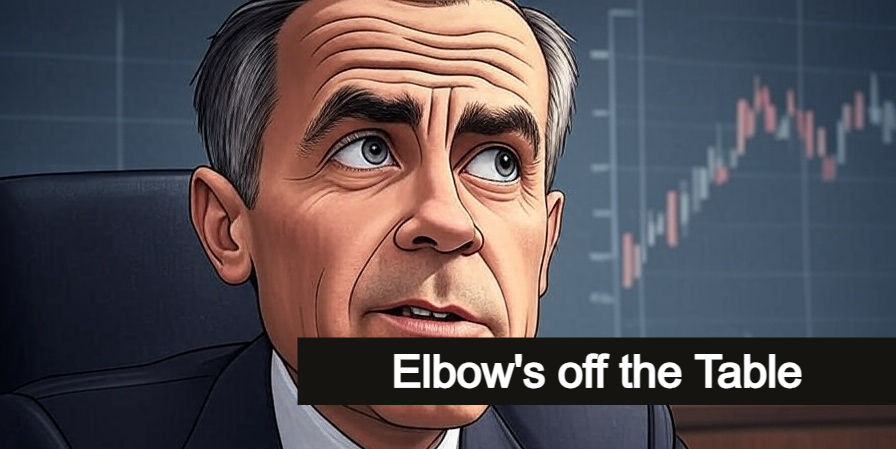AI Music is Absolutely Crushing It on Spotify (And Yeah, It's Kinda Wild)
- Riley Chen

- Jul 18
- 3 min read

Okay, so here's the deal: AI music isn't just some weird tech experiment anymore. It's literally raking in serious cash on streaming platforms, and honestly? Most people don't even realize they're jamming out to robot-made tunes.
Take The Velvet Sundown, for example - this "band" has over 1 million monthly listeners on Spotify. Plot twist: they're not real people. Their tracks are hitting charts worldwide and pulling in millions of streams like it's nothing. And get this - there's this fake country artist called Aventhis that's got 1 million monthly listeners too, with their biggest hit racking up 2.4 million plays. The whole thing is made with AI tools like Suno and Riffusion.
Here's where it gets crazy: ChartMasters figured out that projects like The Velvet Sundown can pull in over $34,000 in royalties in just 30 days. That's rent money, people. Real money from fake music.
This Market is About to Explode
The numbers are honestly pretty insane when you look at where this is heading:
The AI music market is going from $1.72 billion in 2025 to $3.58 billion by 2030 - that's like doubling every few years
We're talking about AI music revenue hitting $6 billion by 2025, which is contributing to a 17.2% bump in the whole music industry's income
The generative AI part? That's jumping from $569.7 million in 2024 to almost $2.8 billion by 2030
Spotify's Wild West Situation
Here's where things get messy. Spotify's got this "pro-rata" system for paying out royalties, and AI music is basically gaming the algorithm. These AI tracks are designed to hit all the right buttons for Spotify's recommendation engine, so they're getting streamed like crazy and pulling in payouts that rival actual human artists.
The really wild part? Investigators found people uploading AI tracks under hundreds of fake artist names, some getting millions of plays. It's like the digital equivalent of stuffing the ballot box, except it's totally legal right now.
The Get-Rich-Quick Scheme Everyone's Talking About
Thanks to platforms like Suno, Udio, and Boomy, literally anyone can create thousands of songs in like an afternoon and upload them to streaming services. People are basically flooding Spotify with AI content hoping to hit the lottery.
But here's the thing that's got everyone worked up: this is eating into real musicians' royalty checks. Like, actual humans who spent years learning instruments are now competing with algorithms for streaming revenue. Plus, there's this whole legal mess brewing because these AI models were trained on human music without permission.
The Mind-Bending Reality Check
Want your mind blown? 82% of people can't tell the difference between human-made and AI-made music. We're living in a world where you could be getting emotional over a song written by a computer and not even know it.
And these AI "bands" are going viral and hitting the charts before anyone figures out they're not real. It's like the ultimate catfish, but for music.
What This Actually Means
Look, this isn't just some tech bros playing around anymore. AI music is fundamentally changing how the industry works:
Spotify's algorithm is basically becoming the new A&R department, deciding what gets heard based on data instead of human taste
The barrier to entry is gone - you don't need to know how to play an instrument or spend years honing your craft
The royalty pool is getting diluted because there's just so much more content competing for the same pot of money
The Bottom Line
We're watching the music industry get turned upside down in real time. AI-generated tracks are pulling in millions of streams, generating serious revenue, and most listeners have no clue. It's creating opportunities for some people while making life harder for traditional musicians.
Whether this is the future of music or just a weird phase we're going through? That's still being written. But right now, in 2025, AI music is absolutely dominating streaming platforms and making bank doing it.
The wild part is we're probably still in the early innings of this whole thing. Buckle up, because it's about to get even weirder.



Comments